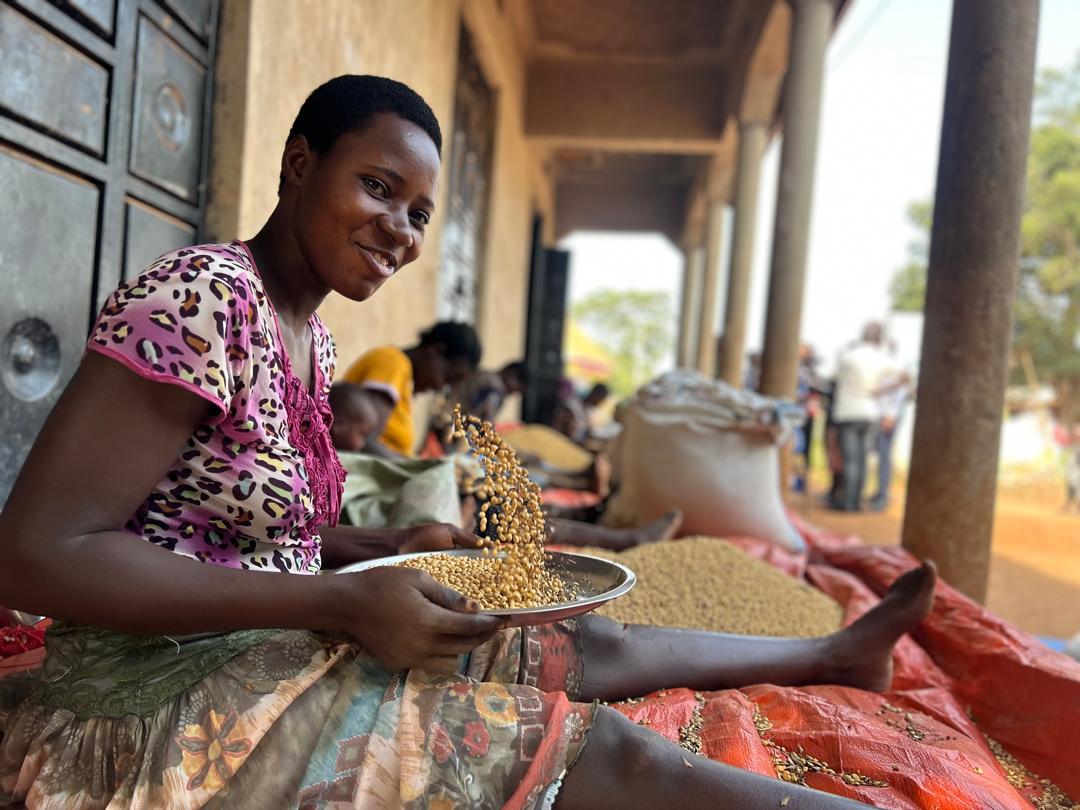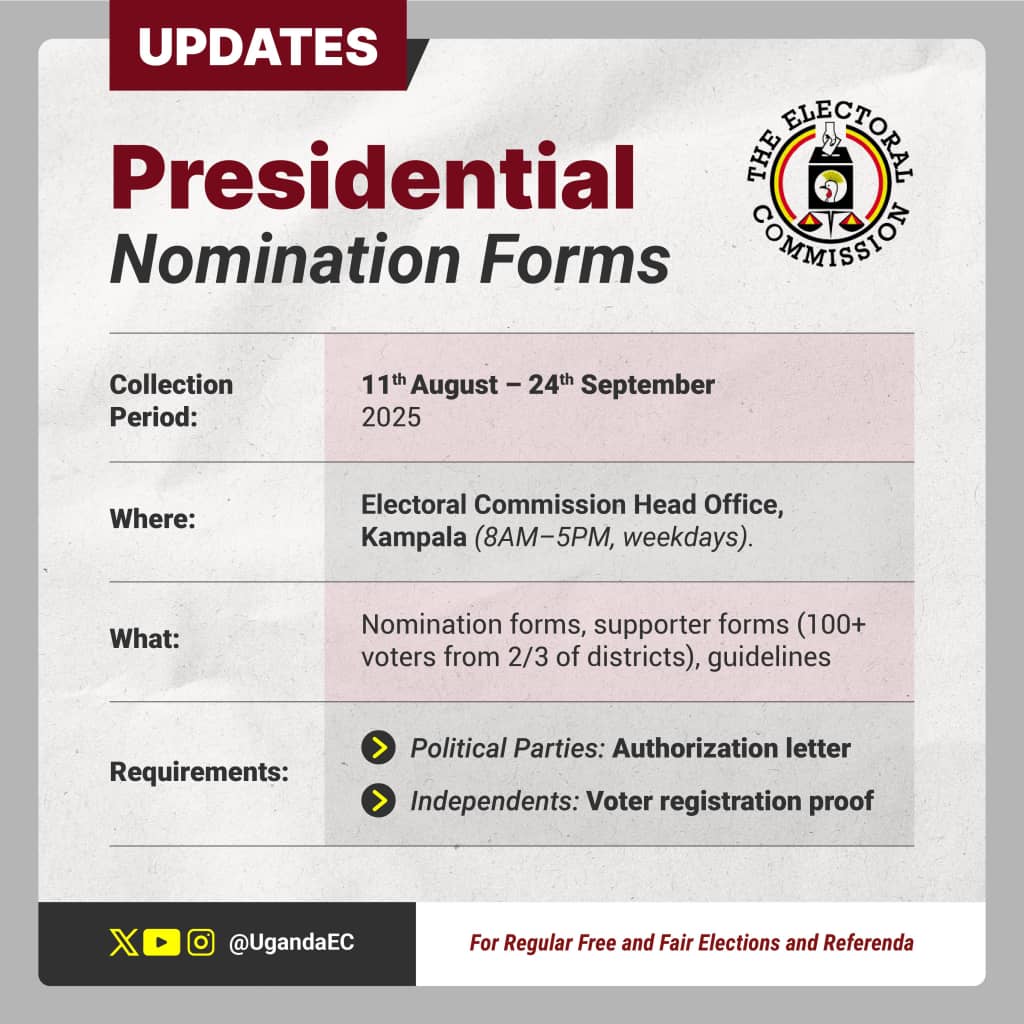The Forum for Democratic Change (FDC) opposition party is set to hold a pivotal National Council meeting ratification of Nathan Nandala Mafabi as the FDC’s official presidential candidate for the 2026 polls.
According to the party’s deputy spokesperson, Walid Lubega the council is expected to formally endorse Mafabi and ceremoniously hand over the instruments of candidature, solidifying his position as the party’s standard bearer.
The meeting which is top take place this Wednesday, (August 13), at the party headquarters in Najjanankumbi, will to be convened by the party’s national chairman Jack Sabiiti.
The meeting will also serve as the launch pad for the FDC’s 2026-2031 campaign manifesto.
The document, described by party insiders as a “social contract with the people of Uganda,” was crafted under the leadership of Margaret Madanda Wokuri, the party’s Deputy President for Eastern Uganda. Lubega noted that the manifesto resonates with the public’s increasing frustration by what it sees as unfulfilled promises from the ruling National Resistance Movement (NRM).
“All members of the National Council are expected to be in attendance at the 9:00am,” he added.
However, the FDC’s preparations are unfolding under a cloud of concern and frustration over recent changes to the national electoral calendar.
Last week, the Independent Electoral Commission, led by Justice Simon Byabakama Mugenyi, announced a revised schedule for nominations across various local government and parliamentary levels.
These changes mark the third adjustment to the roadmap, triggering sharp criticism from the opposition party.
According to the new timeline, nominations for District and City-level positions will now take place between September 3-5, while those for municipalities will run from September 8-10.
Sub-county and town council nominations are now set for September 11-24. Parliamentary nominations, originally slated for mid-September, have been postponed to October 15-16.
The FDC has expressed deep reservations about the frequent alterations, arguing that they disrupt internal planning, complicate resource mobilization, and disadvantage opposition candidates who rely on clear timelines to structure their campaigns.
Party officials say these shifts undermine transparency and predictability in the electoral process.
“The sporadic adjustments to the electoral roadmap severely impact our internal organization and campaign strategy,” Lubega noted.
“It’s unacceptable that political parties are not consulted during such crucial reviews. This only benefits the incumbent regime,” he added.
The party also accused the Electoral Commission of acting in the interest of President Museveni and the ruling NRM, alleging that the Commission has become more of a facilitator for NRM’s continued hold on power than a neutral electoral referee.
“President Museveni has effectively been campaigning for the last three years under the pretext of PDM (Parish Development Model) monitoring, while opposition activities are tightly restricted,” he said
In light of these developments, the party is renewing its call for Uganda to adopt a fixed and constitutionally mandated election calendar, similar to that used in the United States.
Such a system, it argues, would ensure better planning and eliminate the uncertainty that currently plagues the country’s electoral landscape.


















